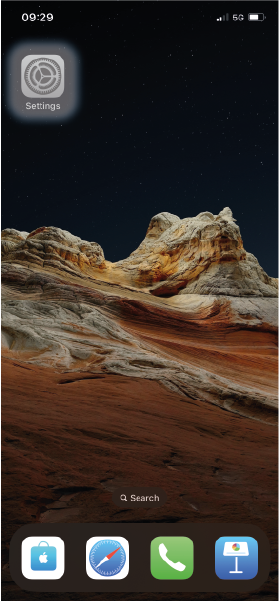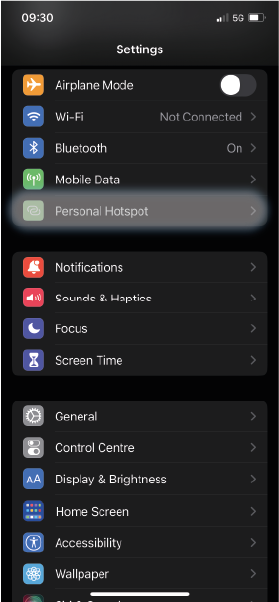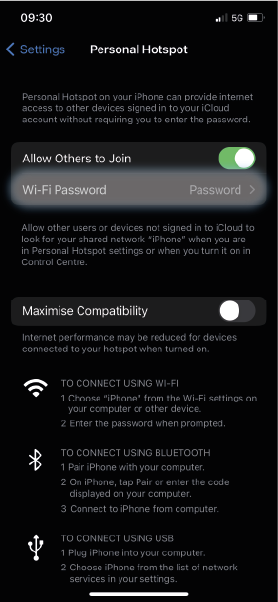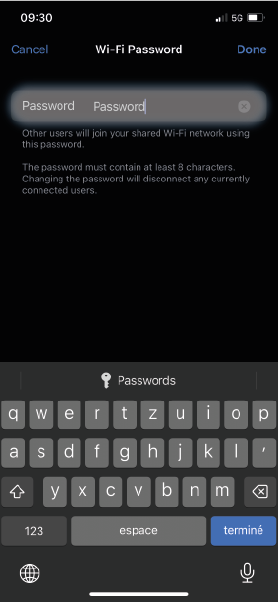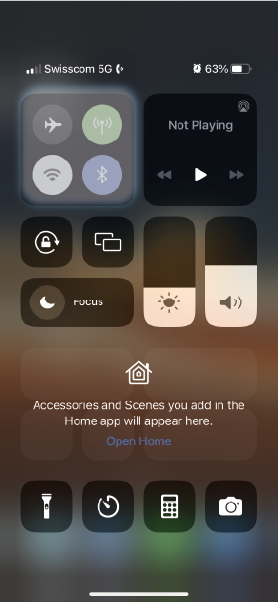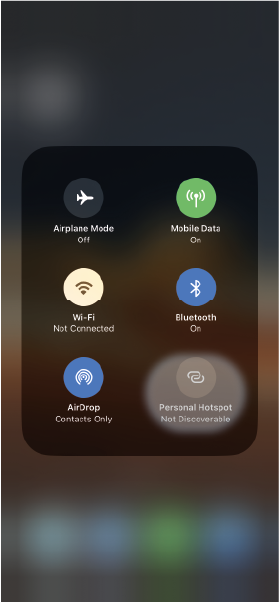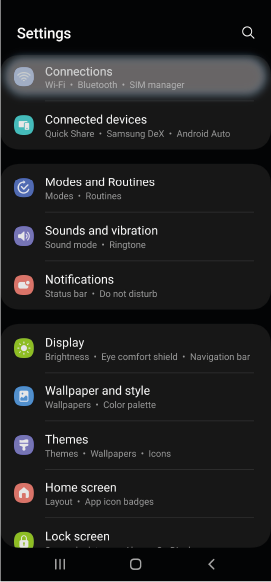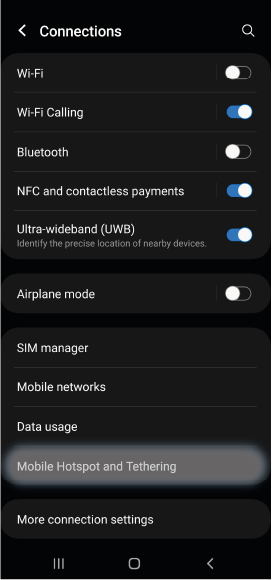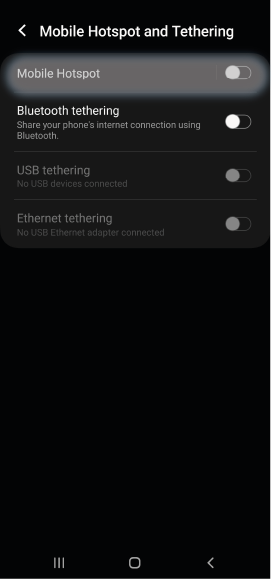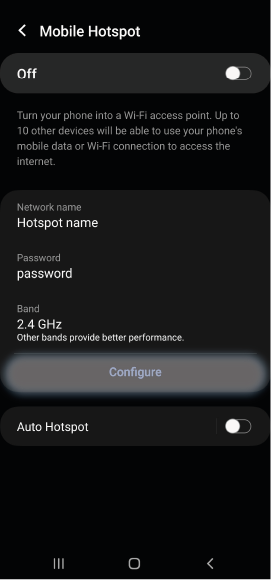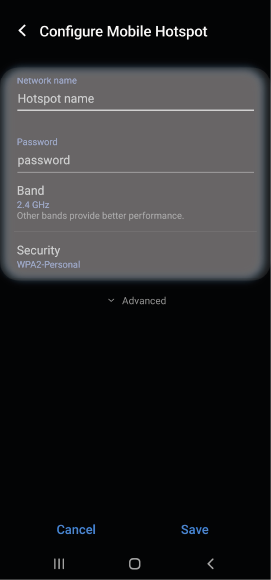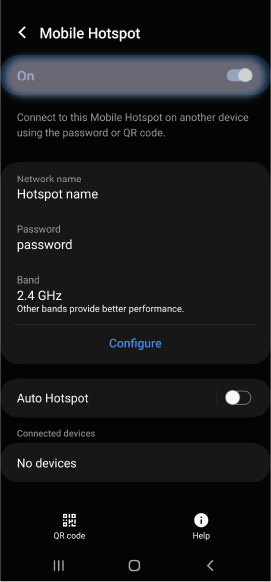13.03.2023 - New ways of working are being introduced in many companies and organisations. For example, employees increasingly have the option of working away from the office and accessing the network remotely. However, remote access technologies carry certain risks. Secure mobile working cannot be achieved by technical precautions alone; it requires the active cooperation of users. For this reason, it is important to observe a few security rules, both at home and on the road. Below you will find some tips on what you can do to make your mobile workspace more secure.
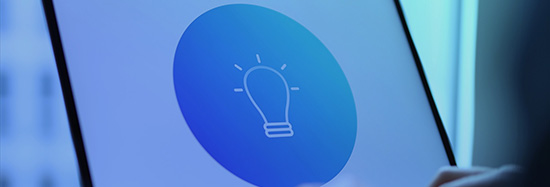
Set up password protection
When you are working from home or on the road – for example, on the train – never leave your devices (laptop or mobile phone) unattended. However, if your device is lost or stolen, data and systems can be accessed by unauthorised individuals.
Tip:
- Make sure that access to your device is always protected with a password or access code (two-factor authentication whenever possible).
Ensure visual privacy
Your devices should always be protected from prying eyes. This applies to your computer, mobile phone and screen at home.
Tips:
- Do not let other people use your work device.
- Always lock the screen when you leave the workspace.
- Use a screen protector (film or integrated computer function) when travelling.
Use caution when talking on the phone
Especially in public spaces, there are frequently bystanders who can listen in on conversations and pass on information.
Tips:
- In general, make sure that your telephone conversations cannot be overheard, whether you are on the road or at home. Find a quiet place to make calls.
- Be especially cautious about confidential conversations – these should be conducted in person whenever possible. If this is not possible, use encrypted communication channels such as Threema. However, make sure that no bystanders can listen in.
Secure data
Do not mix personal and business data. Do not work on business data with your personal device, or on personal data with your business device.
Tips:
- Conduct business work on the device provided by your company.
- Do not use a personal cloud as a data storage option for business documents.
- Never store business data on personal USB sticks or other personal data carriers.
- Be sure to follow your company's guidelines regarding data backups.
Confidential data and documents
Take special care if the data involves confidential information.
Tips:
- Keep confidential information under lock and key.
- If possible, print documents solely at the company workspace.
- Destroy data carriers and documents that are no longer needed in an appropriate manner. Documents should be shredded. Electronic data remains readable even after it has been deleted with the delete key or the "delete" function (only the information on the storage location is removed). To delete data permanently, the storage location of the information must be repeatedly overwritten. Special programs are available for this process, known as wiping.
WiFi usage
At home:
Today, almost every home network contains networks that allow devices to be connected to the internet wirelessly. Such networks work with a router or a wireless access point (WAP) that sends out a radio signal to which the devices connect. The radio signals can also be received outside your own four walls, so securing your own WiFi is therefore the key to securing your private network.
Tips:
- Change all default passwords on the WiFi router, especially the one for the administrator.
- Choose strong passwords and use two-factor authentication if possible.
- Secure your home WiFi with a strong password; always use WPA2, or WPA3 if it is already available on your device.
- If possible, restrict administrator access so that it is possible only from your own network, and disable remote access. Most devices today also allow you to set up a separate guest network.
- Make sure you connect to the correct WiFi network.
- Keep all your devices up to date, including printers, routers, webcams, etc. and only use operating systems for which the manufacturer still provides updates: this is the only way you will also receive regular security updates for your operating systems.
Public WiFi:
When using public WiFi networks (e.g. in hotels or at railway stations), there is a risk that unauthorised third parties can read or even access your data. You should therefore create a hotspot yourself and secure it with a strong password. Setting up your own hotspot on your smartphone is easy. For both iOS and Android devices, you can set up a hotspot in the settings.
Step-by-step hotspot instructions on iOS
Step-by-step hotspot instructions on Android
Tip:
- Deactivate WiFi and Bluetooth when you do not need these services. This helps to avoid attack methods that cybercriminals use to penetrate your device undetected. It also reduces battery consumption.
Chargers:
Public buildings such as airports or train stations often offer USB charging stations (incl. cables). However, these are accessible to everyone and can easily be tampered with and infect your device with malware.
Tip:
- Use your own charger or a power bank.
Further Information:
Last modification 13.03.2023


